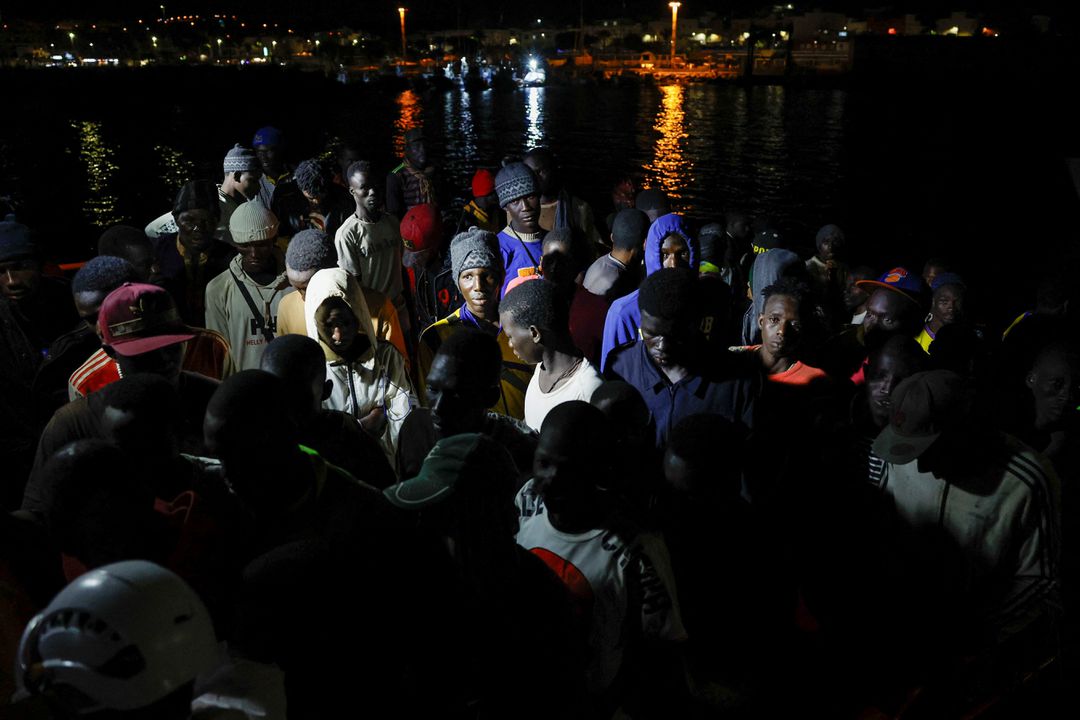Spain to create emergency accommodation for 3,000 migrants


MADRID — Spain said on Thursday (Oct 26) it would create additional emergency accommodation for 3,000 undocumented migrants in military barracks, hotels and hostels amid a 55 per cent jump in arrivals by sea this year, which has triggered political tension.
Migrations Minister Jose Luis Escriva told reporters the government had approved using two military facilities in Madrid and plans to use two other in the south of the country.
Escriva declined to disclose how many additional beds will be created, but a ministry source told Reuters it would be around 3,000 in total.
The arrivals' surge has been mainly driven by people coming from West Africa on dinghy boats to the Canary Islands in the Atlantic and comes after European Union countries sealed a deal on Oct 4 on how to handle irregular immigration.
Italy has also experienced an uptick in arrivals, with the small island of Lampedusa struggling to cope with it.

Between January to mid-October, arrivals to the Canaries reached 23,537 people, already surpassing the full-year figures for each of the previous three years, official data shows.
Local authorities have said they feel abandoned by the central government. Madrid opened new camps in the archipelago in 2021 following an increase in arrivals.
But this time the central government's approach has been to expand emergency accommodations across the country, hoping to ease pressure on the Canaries. It also approved this week a 50-million-euro (S$72.29 million) aid package for the islands.
Following police screenings, migrants will be placed in the military barracks, hotels, hostels and other types of accommodations on a voluntary basis, the ministry source said. The idea is for them not to stay in the same place for more than three months.
Madrid's conservative regional leader Isabel Diaz Ayuso accused the leftist government of mismanaging the migration situation and suggested, without providing evidence, that the transfer of migrants to the mainland could compromise security.
Escriva argued the situation was well-handled and manageable, and said some conservative politicians were whipping up what he called xenophobic rhetoric.
ALSO READ: German push to ease migrants' citizenship path faces red tape reality check